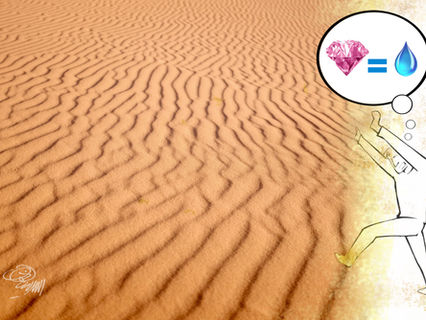Search


Water: Driver of peace and cooperation, or conflict and contention?
Nik Kowsar: In 2021, Iran experienced water-related protests in multiple cities resulting from decades of mismanagement of water...


Water Governance, Environmental Justice, and Sustainability in Iran
The Budding Collaborative Communal, Civil Society, and Academic Water Governance Networks in Iran Shahram Kholdi: The end of the...


Water Crisis in Urban Iran: Critical Geography Meets Critical Pedagogy
Behrang Foroughi: In Iran, the water crisis is alarming. In the last 10 years, drought and mismanagement of water resources exacerbated...


Unstable agriculture does not result in stability
Mansour Sohrabi: Unbalanced agricultural development in Iran has led to wastage of water resources, groundwater depletion, land...


Water resources and environmental justice in developing countries; Iran
Ehsan Danshvar: The words justice, environment, and water resources are individually popular in Iran, but if we combine them to create...


A case study of Iran’s water governance system
Information exchange and distribution of stakeholder’s influence in national water governance policy networks Behshad Mohajer: The...


On Climate Justice
Shooka Bidarian: The world is beset by problems: extreme poverty, conflict, pandemics, environmental destruction, and of course climate...


The story of the sinking capitals
Nik Kowsar: Old Persia was once the land of hydrogeologists who were able to drain a limited amount of groundwater without depleting the...


Environmental justice: The overlooked prerequisite for transition to a sustainable/democratic future
Kaveh Madani: The growing environmental crises around the world have highlighted more than ever the vital role of the environment and...



